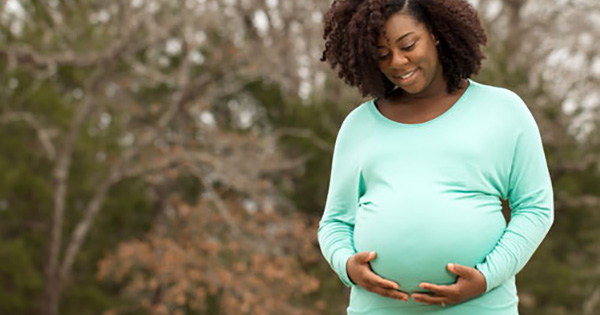If you’re a 30 something-year-old woman like me, your social media timelines probably run the entire gamut of major life events. Close friends are beginning to get the major promotions at work, purchase homes, or even make career changes after more than a decade in the workforce. In the realm of love, watershed moments are beginning to happen as well, notably for those who have waited what seems like a lifetime or at least a large portion of one to get married and have babies.
I have friends who have just begun budding romances, daring to introduce new boyfriends and even tagging them in photos, today’s equivalent to settling down. I have friends who have uploaded their marriage proposal videos, sometimes the length of full feature films. I am the friend who watches the entire thing from beginning to end so that I can intelligently comment on all the highlights and frequently missed low lights. I have friends dropping photos of every detail of their wedding day, then the details of their pregnancy journey, and then monthly updates of their perfectly dressed and coiffed little bundles of joy. And for every one of their updates, I am behind a screen liking and commenting as if I am personally involved in decisions regarding their Black love, their Black marriages, and their little Black babies. Because, in my Issa Rae voice, I am essentially and intentionally rooting for everybody Black.
While I support marriage and babies from the vantage point of my social media platforms, I often quietly think about the impact of these life events on the health outcomes for Black women in particular. As my friends and I move into our mid and late 30’s, the risks associated with pregnancy increase at rates not seen in any other race. Black women are three to four times more likely to die from complications arising from pregnancy than white women. Those rates are not dependent on income or education. That means that even celebrities like Tamron Hall, Tatyana Ali, and Kenya Moore who boldly and inspiringly pursue love and motherhood in their late 30’s and 40’s and who, for all intents and purposes have access to resources that would seemingly put them in a rare position to also pursue optimal maternal health, are still at risk for complications associated with pregnancy. Statistics like these make it all the more alarming for women like me – recently married, educated but not wealthy, and very much not a celebrity – concerned about what pregnancy will mean for my health.
As we close out Black Maternal Health Week, I find that I am not the only one concerned about Black women’s health during and after pregnancy. U.S. Representatives Lauren Underwood, D-IL, and Alma Adams, D-NC recently launched the Black Maternal Health Caucus to focus on systems-level policy development and implementation that addresses the unnerving health disparities that Black women face in their pregnancies and immediately after. Rep. Underwood, a nurse by training and the youngest African-American woman to serve in Congress at the age of 32, knows all too well how shocking an unexpected health scare can be for a pregnant woman and helped to form the caucus because the U.S. spends the most on healthcare but has the worst maternal death rate in the developed world.
While I have the highest hopes for the Black Maternal Health Caucus and applaud the efforts of Reps. Underwood and Adams, I hope more greatly that the Black women who run up and down my social media timelines, the Black women you and I know, who live in every socio-economic status and in every geographic location in our country and within our communities reach the highest levels of wellness possible. Awareness helps to make that possible. So, when your friends make that next pregnancy announcement, find a way to ask if they have adequate access to health care, if they have a supportive base of family and friends, or even if they’d like to take a walk. We don’t have all the answers but we do know that these kinds of efforts help. Until the healthcare system and systems that add or detract from our health are designed to address black women’s needs more effectively, let’s help each other to reach optimal health.
